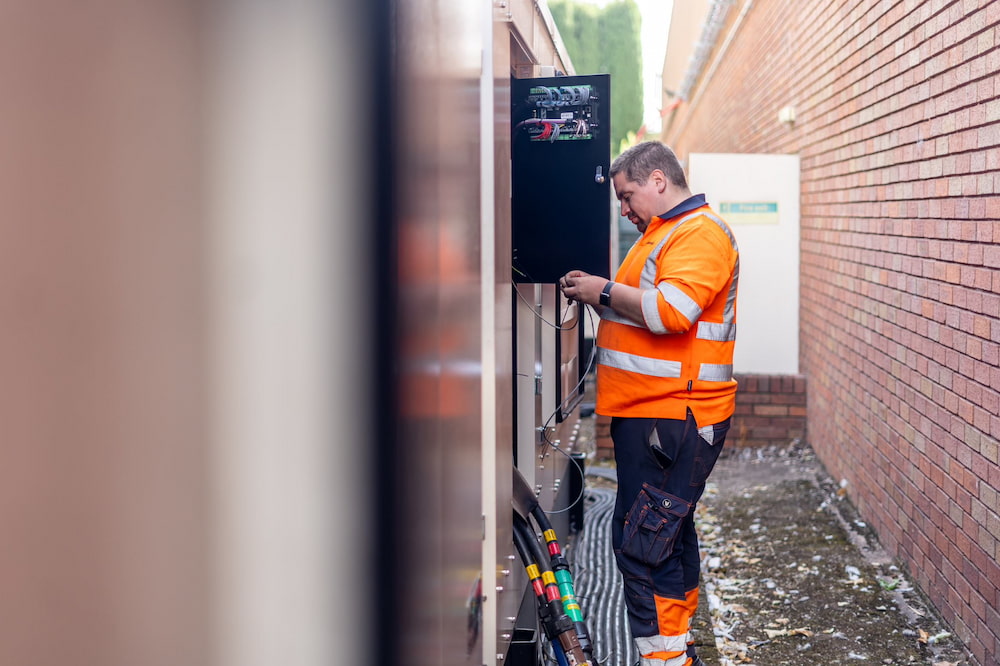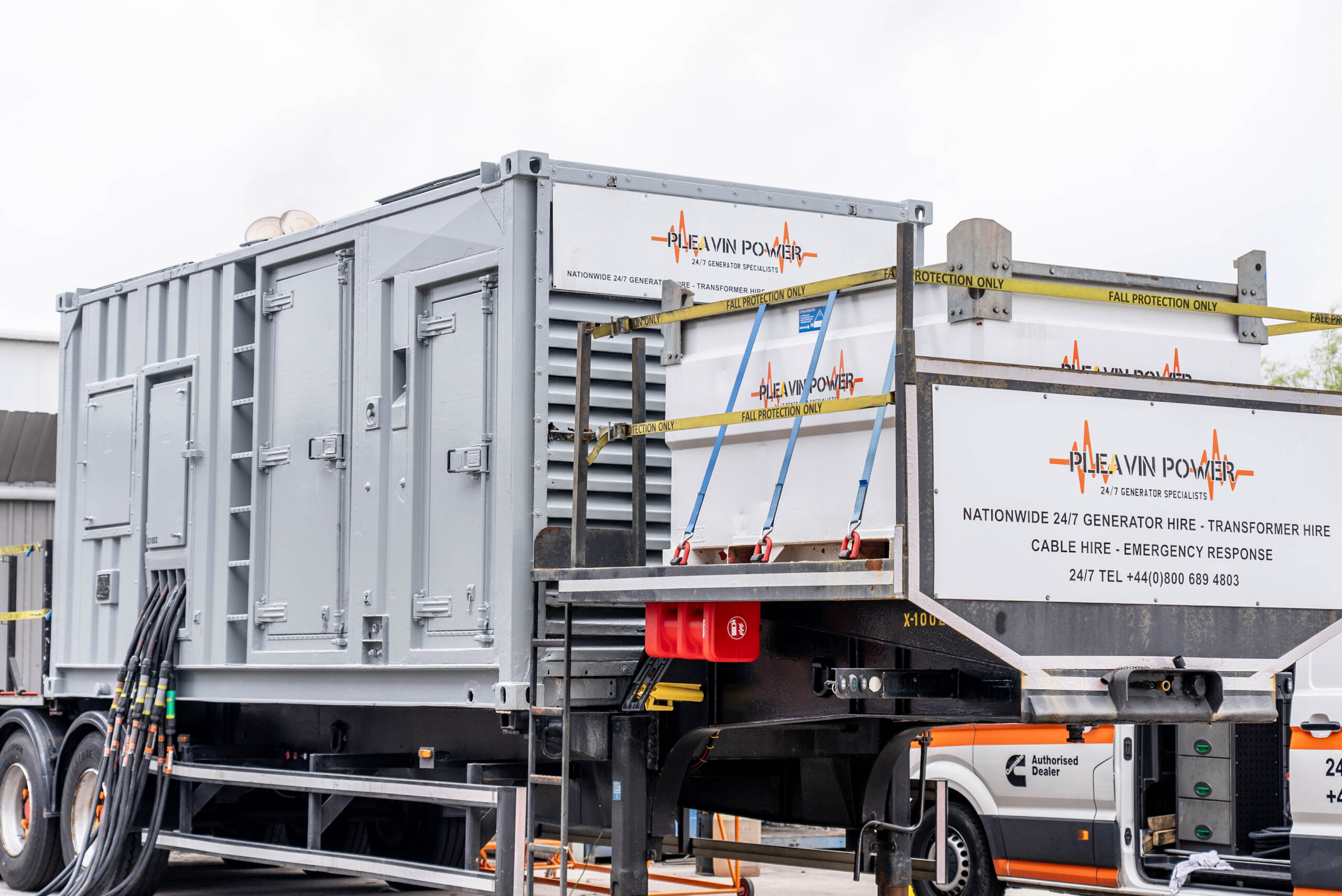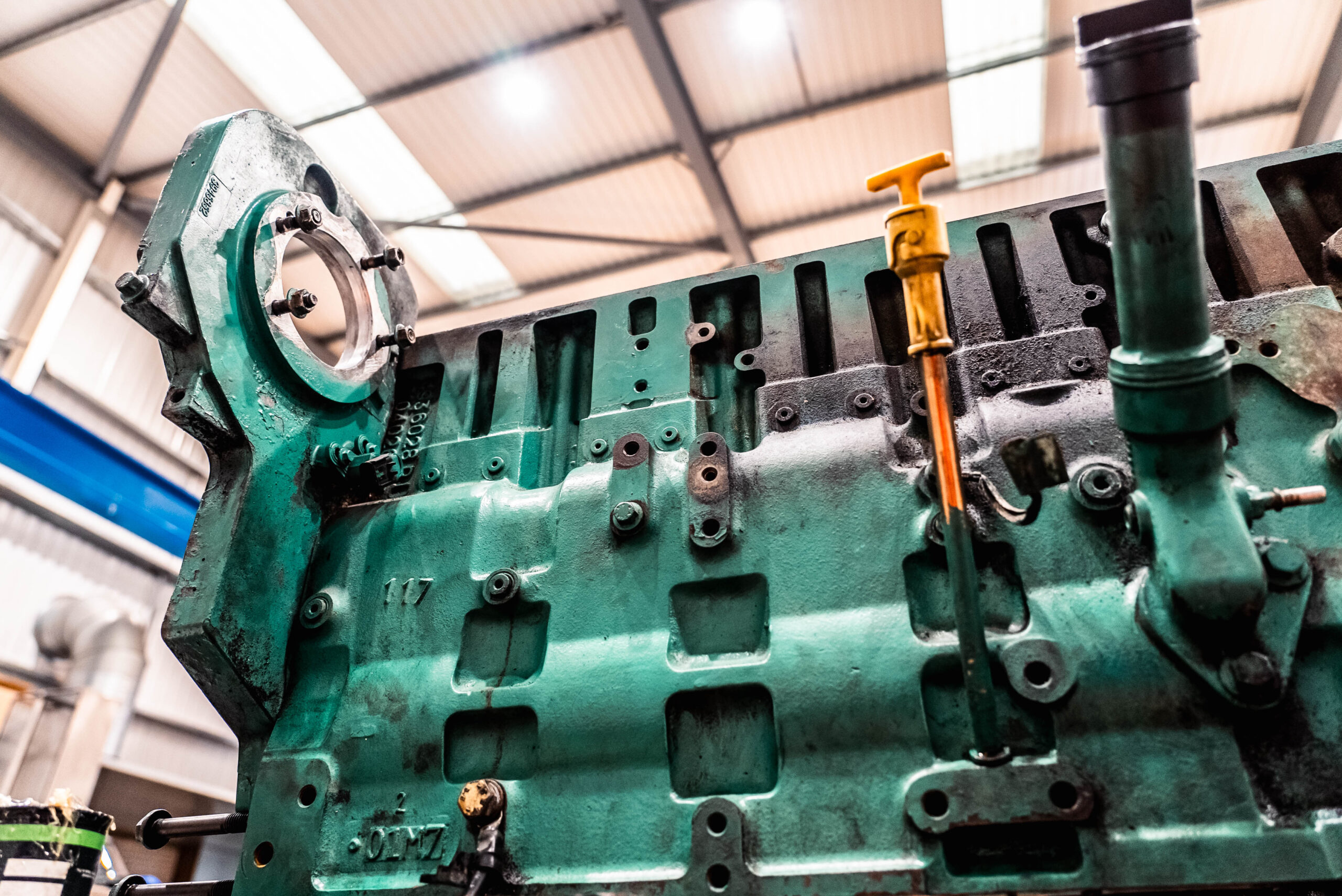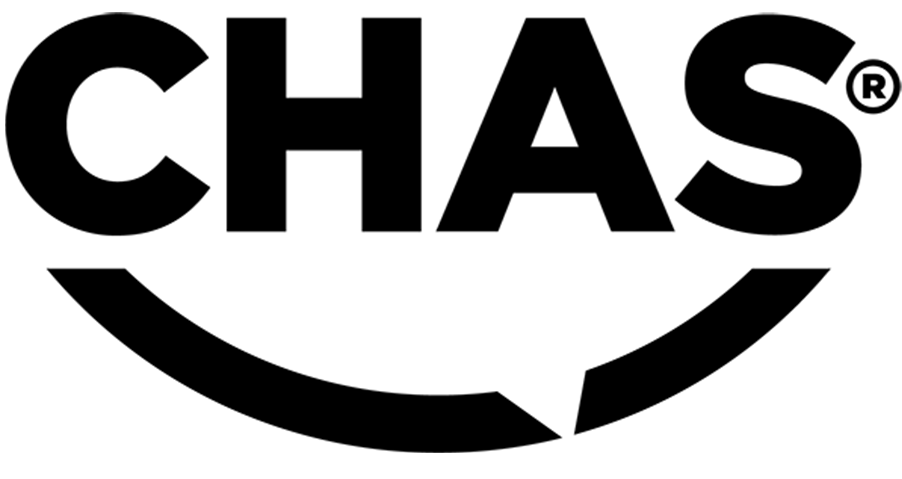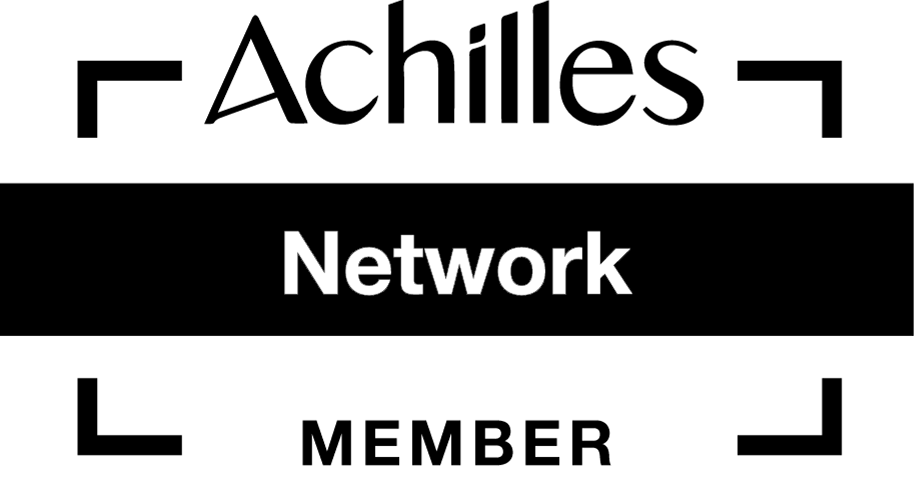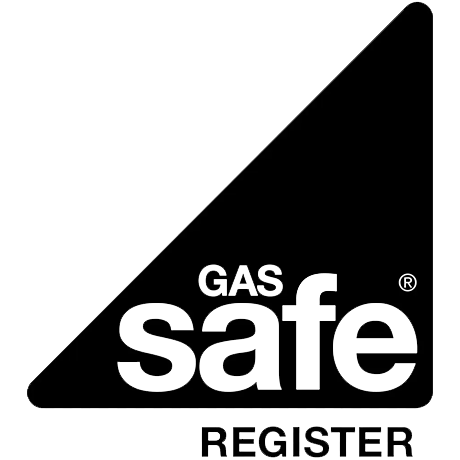It’s important you take the time to understand and correctly choose the right extension cord for your generator – both for the safety and security of your home and for efficient electrical power transmission.
There has been a rise in people investing in portable generators which comes as no surprise. There also appears to be an increase in power outages occurring – especially during testing weather.
Nobody wants to see in a dark, cold home – the ideal way to get your appliances back up and running again till your power is back on is through your portable generator, so it’s key that we find the right power chord that your generator will be able to use when the time comes.
We’ve put together this article today to help you understand more about power generators and some steps that you can take in order to find the best extension for your generator so that you can have a hassle-free experience when dealing with your generator in the future.
Determining The Size & Length Of Your Extension Cord
Generator extension power cords usually tend to restrict the flow of the current inside them. Due to this reason, you’ll need to source the ideal size and length that suits your generator’s power cord. If you have noticed that your generator power cord is thinner then that usually means that it is more resistant to the flow of electric current – whereas if your generator power cord is thicker, it means the opposite and your power cord is less resistant to the flow of electric current.
This also applies to length too, so if the power cord is long, it will be more resistant – and if it’s shorter, it will be less resistant. Finding the right power cord for your generator will make sure that you successfully power your appliances and they will get the necessary electrical power without much resistance from the flow of the electric current.
You may come across thicker power cables that tend to have lower resistance meaning that they can transmit more amps. If you’ve got a generator outlet that has higher amps then it is recommended that you seek out a thicker power cord for this reason. For 50 amps outlet, you will require 50 amps power cord and the same applies if you have 30 amps outlet, you will need to get a 50 amps power cord.
Learn More About Extension Cords For Portable Generators
You should notice that your portable generator has a control panel, it will come equipped with various 120V outlets plus high current receptacles. In order for you to start generating the right electrical power from your portable generator then you are going to need the right plug. Power generator manufacturers will work hard to successfully wire devices, outlets and plugs so that you can connect your portable generator to needed necessary appliances for when you need it.
Through their knowledge and expertise, they are able to manufacture all different variations of plugs that come in different blade widths, shapes, dimensions and orientations, as they understand that many people will require different types of electrical situations and you can find the one that suits your current predicament.
Take the time to look fully into your outlets as it will help you understand better what the right plug is for your generator. Choosing the right plug depends on what your current electrical needs are. If you have a potential mismatch between your portable generator outlet and the correct plug and extension cord, you run the risk of potential damages happening to your electrical appliances, including your portable generator.
Portable generators are normally sizeable investments that you plan to use for years to come so you don’t want to potentially put your generator at risk. This may require repairs – or even worse a full new replacement, which could leave you seriously out of pocket. If you do need your generator repaired or replaced, contact our team at Pleavin Power – we offer a quality generator repair service as well as generator maintenance.
Why Use The Right Power Cord In A Generator?
Generator cords allow easy access of being able to connect multiple electrical appliances that are placed a far distance away from your power generator – and for that reason, you don’t have the hassle of having to move the needed appliances closer to your generator in order to use them. One of the main reasons that people invest in power cords is that it brings you convenience and an immediate solution when dealing with your power generator.
Connecting your portable generator to your electrical devices shouldn’t be a major hassle especially as you use your generator during testing times, there shouldn’t be any added stress happening, you should be able to successfully manage this task by yourself and it doesn’t require any help from specialist hands such as an electrician.
Through a power generator, you will be able to successfully power your appliances at any time there is a sudden blackout or a power outage in your home. Power extension cords are usually very price-competitive, making them a low-cost solution for your power needs.
Limitations Of Extension Cords
Unfortunately, even though extension cords are extremely helpful, they do have drawbacks. For example, over an extended period of time, you may notice some wear and tear. This is due to many factors such as extreme weather conditions. Portable generators will be kept some feet away from the appliances that they power, meaning the extension cord will have to run while in open weather. Likewise, they will be usually placed in between doors and windows so, therefore, it could be potentially damaged by weather conditions which usually cause oldness and corrosion.
If you are looking to invest in a portable generator, here at Pleavin Power we have a wide stock available, get in touch with our friendly support team today who can offer more advice on moving forward with your investment in power generators.

